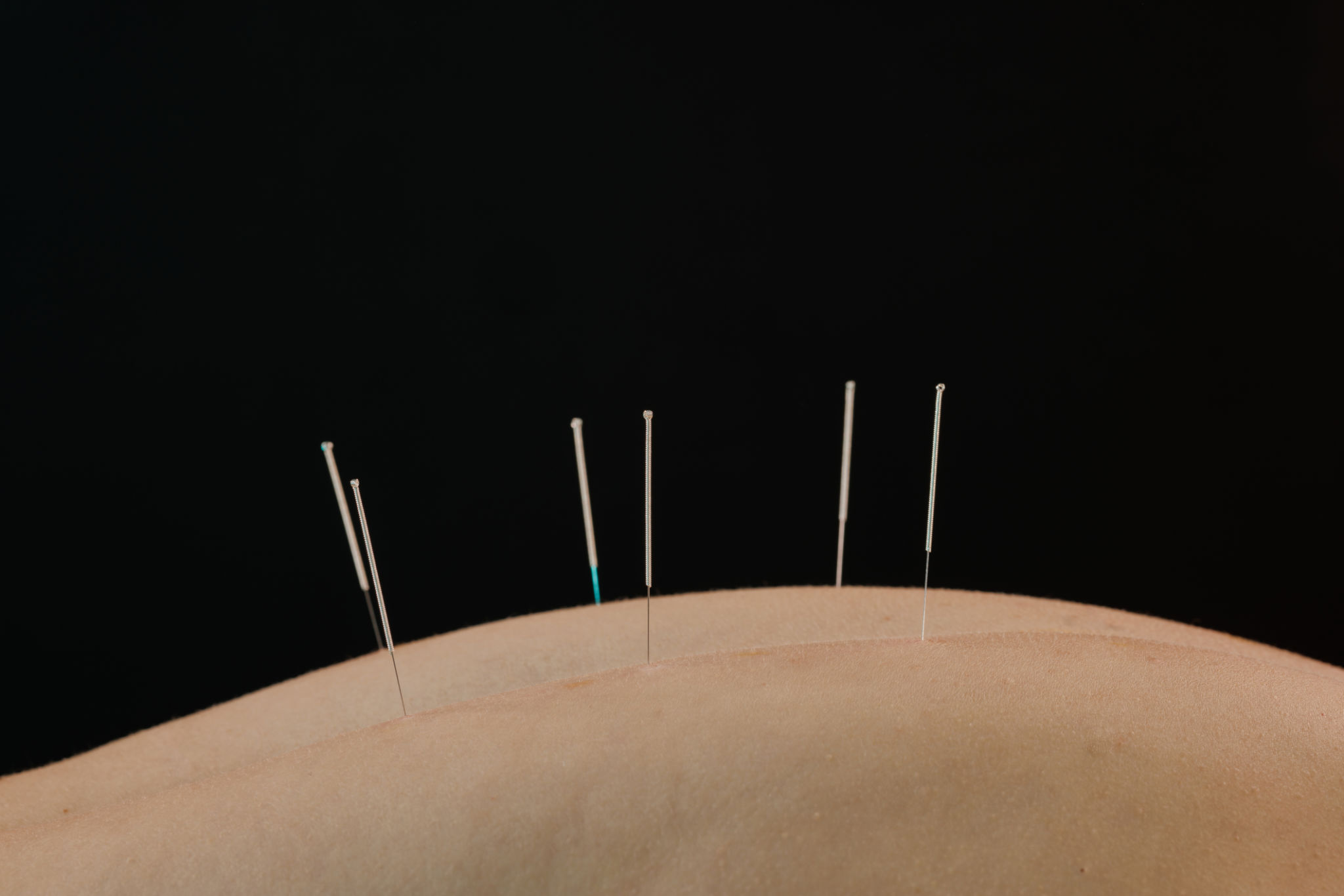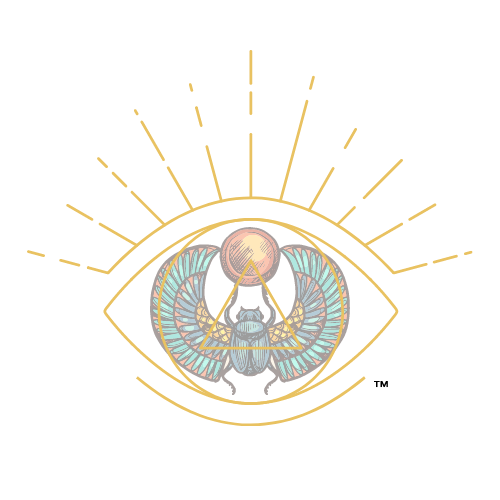Debunking Myths About Holistic Healing: What Every Woman Should Know
Understanding Holistic Healing
Holistic healing is a comprehensive approach to health and wellness that focuses on treating the whole person, rather than just the symptoms of disease. For many women, especially those seeking alternative or complementary treatments, holistic healing can be an appealing option. However, there are numerous myths surrounding this practice that can lead to misunderstandings. In this post, we’ll debunk some of these myths and provide a clearer understanding of what holistic healing truly entails.

Myth 1: Holistic Healing Is Not Based on Science
One of the most common misconceptions is that holistic healing lacks a scientific basis. In reality, many holistic practices are grounded in scientific research and evidence-based methods. For example, acupuncture and yoga have been extensively studied and shown to offer various health benefits. It's important to recognize that holistic healing often combines traditional medicine with other therapies to create a balanced, effective treatment plan.
Myth 2: Holistic Healing and Modern Medicine Can't Coexist
Some people believe that choosing holistic healing means rejecting modern medicine. This is not the case. Holistic healing can complement conventional treatments by addressing lifestyle, emotional well-being, and preventive care. Many practitioners encourage integrating both approaches to achieve optimal health outcomes. It's all about finding the right balance and what works best for the individual.

Myth 3: Holistic Treatments Are Only for Minor Ailments
Another myth is that holistic healing is only effective for minor health issues. While it's true that holistic methods can be highly beneficial for stress relief or mild conditions, they also play a role in managing chronic illnesses. Techniques such as nutritional therapy, meditation, and herbal medicine can help manage symptoms and improve quality of life for those with long-term health challenges.
Myth 4: All Holistic Practitioners Lack Proper Training
The belief that holistic practitioners are untrained or uncertified is misleading. Many holistic health professionals undergo extensive training and certification in their respective fields. For example, naturopathic doctors attend accredited programs and are licensed in many regions. Always check the credentials of any practitioner you consider working with to ensure you receive qualified care.

The Benefits of Holistic Healing for Women
Holistic healing offers numerous benefits tailored to women's unique health needs. From hormonal balance to mental health support, holistic practices can address various aspects of women's well-being. Techniques such as mindfulness meditation and personalized nutrition plans are particularly beneficial in managing stress and promoting overall wellness.
How to Incorporate Holistic Practices
If you're interested in incorporating holistic practices into your lifestyle, start by exploring different therapies that appeal to you. Consider the following steps:
- Research various holistic approaches and their benefits.
- Consult with a qualified holistic practitioner for personalized advice.
- Integrate small changes gradually to see what works best for you.
Remember that holistic healing is a personal journey that requires patience and commitment. By debunking these myths and embracing a broad understanding of holistic practices, women can make informed decisions about their health and wellness.
